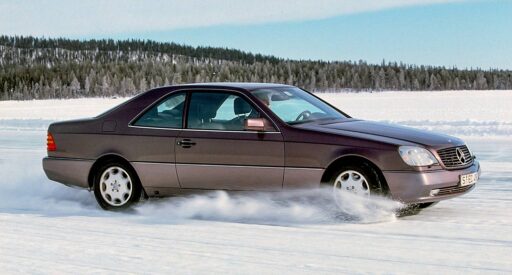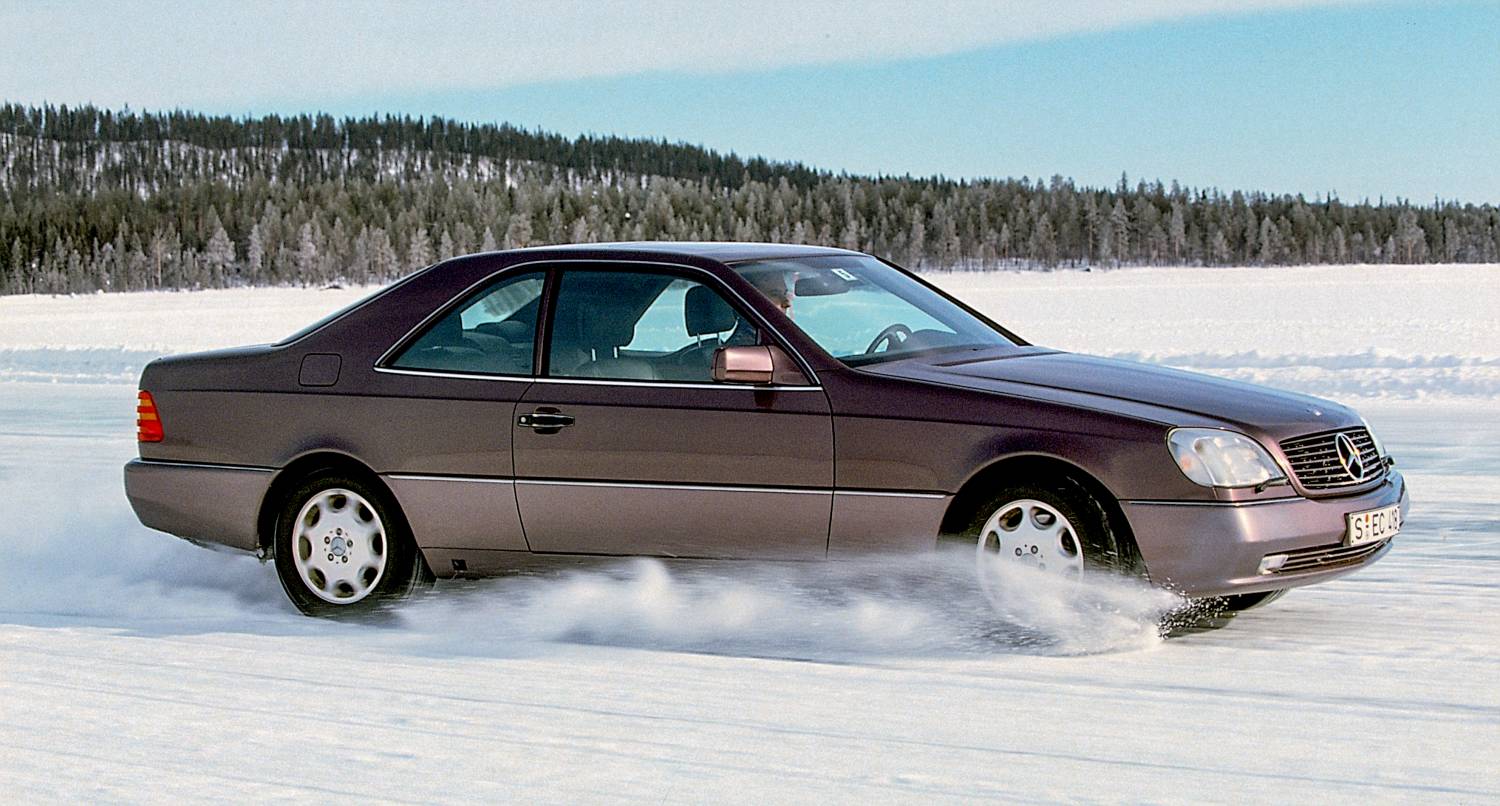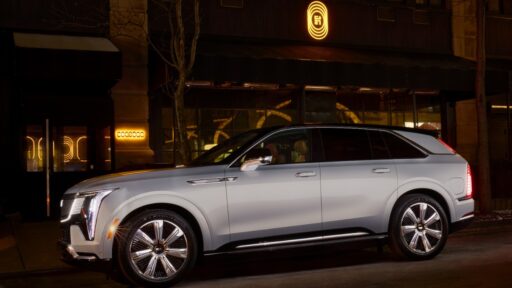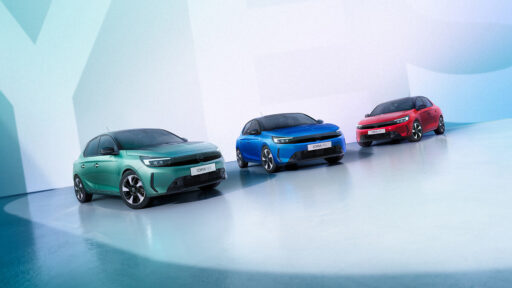Mercedes-Benz’s legacy of innovation and excellence is marked by numerous milestones that have shaped the automotive industry and modern mobility.
From groundbreaking safety systems to iconic branding and the invention of new transportation concepts, here are some key anniversaries from its storied history:
READ MORE: Bugatti Home Collection Launches in Paris: Celebrating 115 Years of Performance and French Elegance
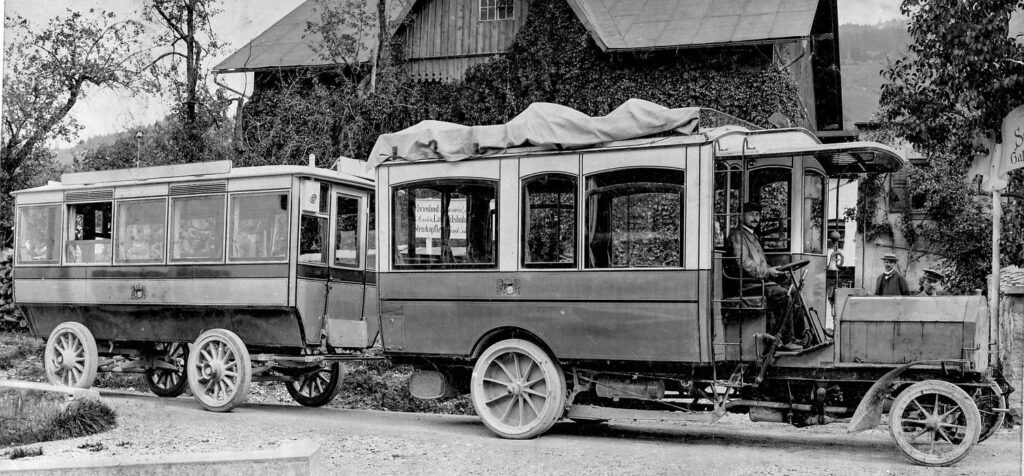
30 Years Ago – February 6, 1995: The World Première of ESP®
The Electronic Stability Program (ESP®) debuted in the Mercedes-Benz S-Class Coupé (model series 140) during a presentation in Sweden, setting a new benchmark for active safety. ESP® prevents skidding by selectively braking individual wheels, ensuring stability and reducing accidents.
Jointly developed with Bosch, it became standard in the A-Class by 1998, following its role in addressing the famous “elk test.” Today, ESP® is a universal feature in modern vehicles, credited with transforming automotive safety.

100 Years Ago – February 18, 1925: Birth of the Mercedes-Benz Logo
The iconic Mercedes star encircled by a laurel wreath was registered at the patent office, symbolizing the merger of Daimler-Motoren-Gesellschaft (DMG) and Benz & Cie.
The star, representing mobility on land, sea, and air, was first registered by DMG in 1909, while Benz & Cie. had trademarked the laurel wreath that same year. The logo, introduced just before the companies officially merged in 1926, remains one of the most recognized emblems in the world.
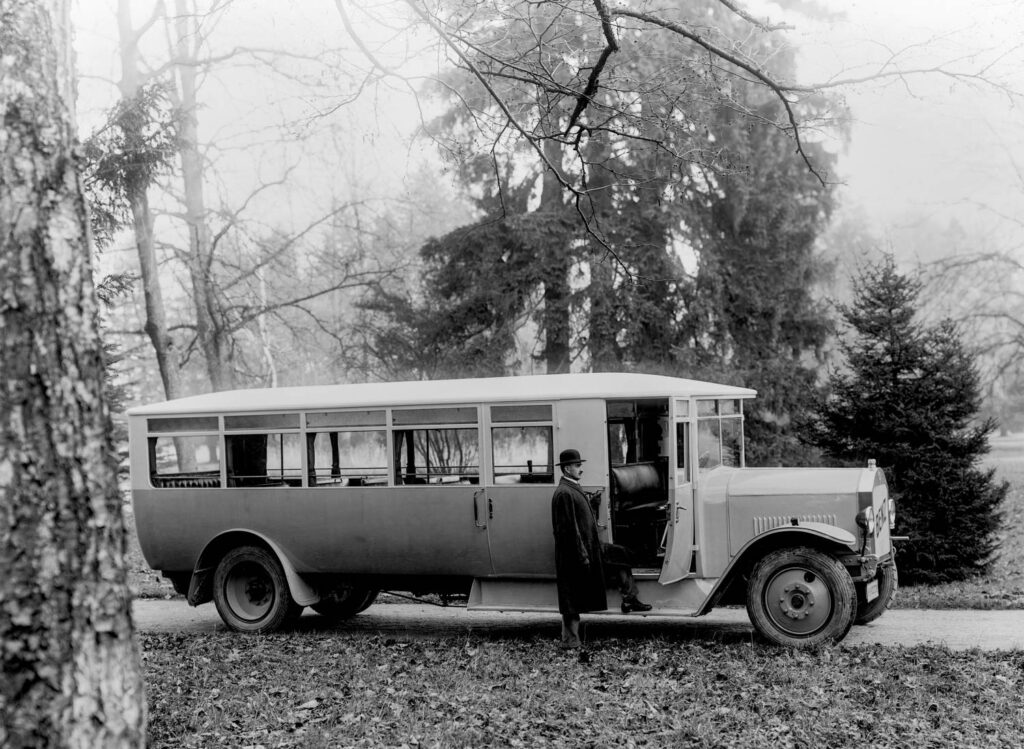
130 Years Ago – March 18, 1895: The First Motorized Bus
Benz & Cie. delivered an eight-seat bus powered by a 3.7 kW (5 hp) engine to the “Netphener Omnibus-Gesellschaft.” It began operation on a 15-kilometer route in Germany, replacing horse-drawn carriages.
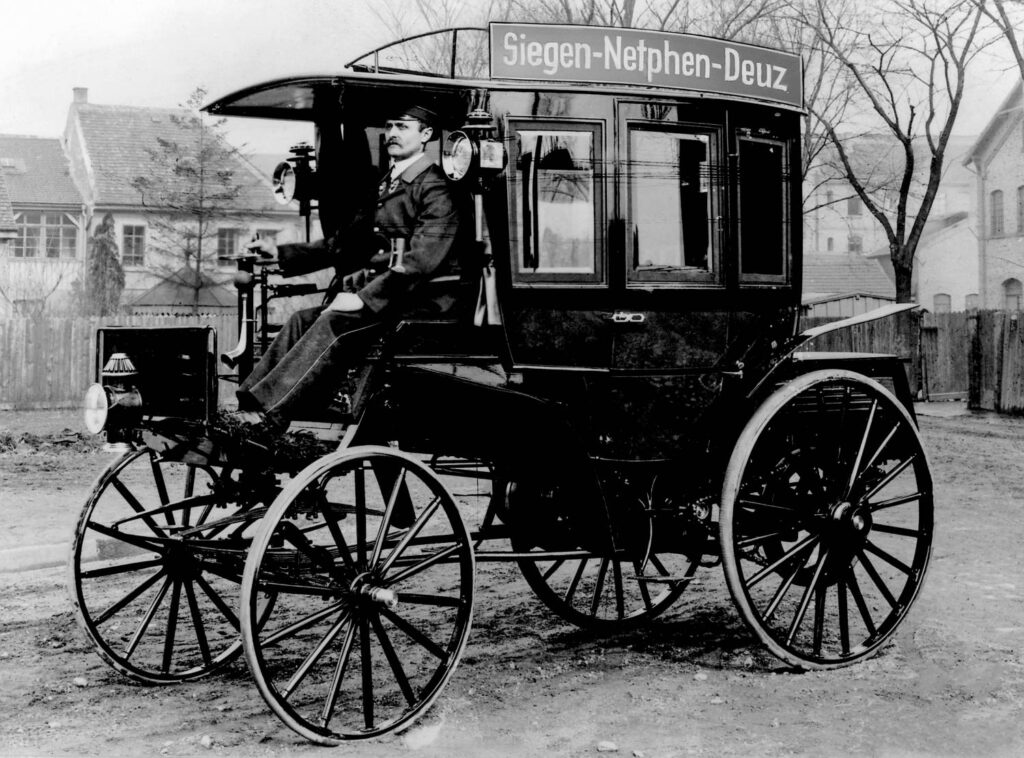
Although technical challenges led to its discontinuation later that year, the project laid the groundwork for motorized public transport. By 1925, low-frame buses by Benz & Cie. set new standards for comfort and usability.
125 Years Ago – April 2, 1900: Introduction of the Mercedes Brand
Emil Jellinek, a visionary businessman, collaborated with DMG to create the Mercedes name, inspired by his daughter Mercédès. The first Mercedes-branded car, the Mercedes 35 hp, delivered to Nice in December 1900, is widely regarded as the first modern automobile due to its innovative design.
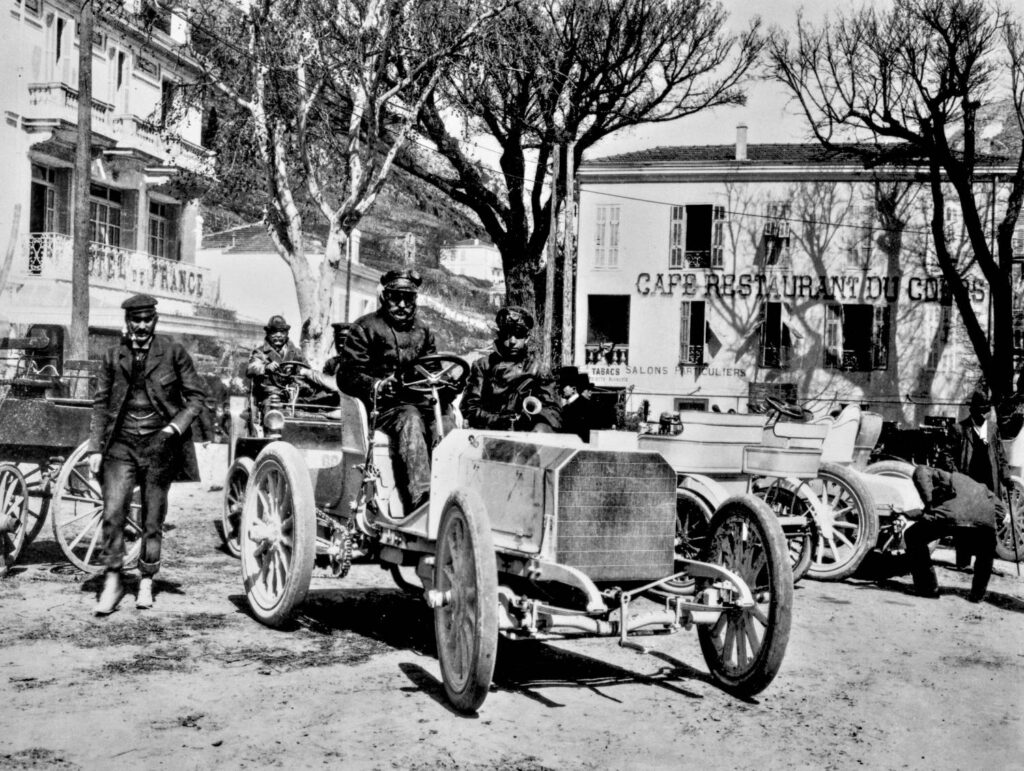
With its low center of gravity, lightweight construction, and honeycomb radiator, it dominated motorsport events and became synonymous with luxury and performance. The name “Mercédès” was trademarked in 1902, and the brand later merged with Benz & Cie. in 1926.
A Legacy of Innovation and Excellence
From pioneering ESP® technology to redefining public and luxury transport, Mercedes-Benz has consistently pushed boundaries. Its emblem, milestones, and inventions reflect the brand’s unwavering commitment to shaping the future of mobility while honoring its rich heritage.
READ MORE: Porsche Launches the New 911 Carrera S: Enhanced Performance and Luxury
Subscribe today for the freshest car news delivered to your inbox
